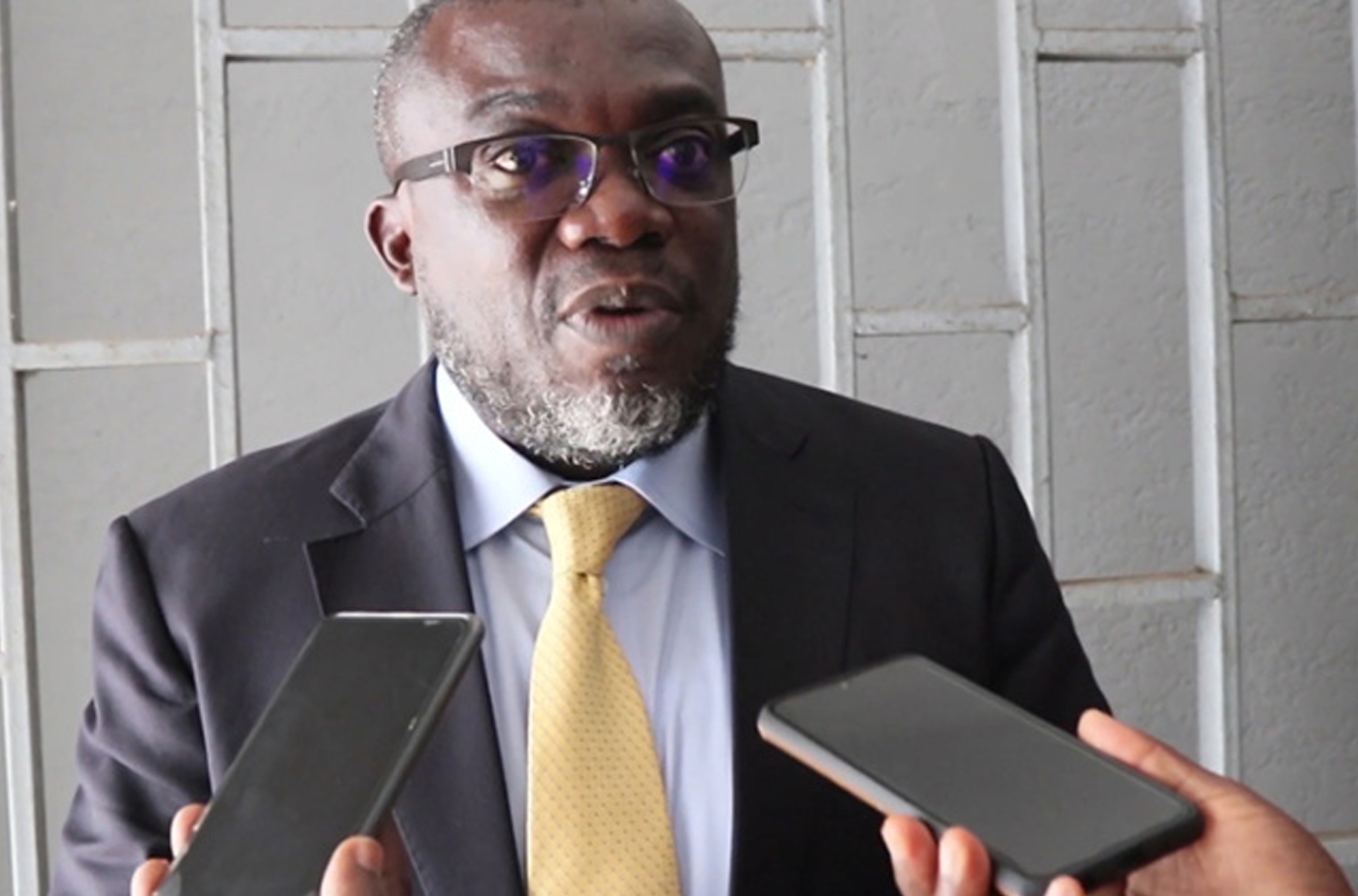
“The law on reproductive health must be passed…” to drastically reduce the rate of clandestine abortions, a source of tragedy for women” (Dr Sosthène Dougrou)
This article reports on an interview with Dr Sosthène Dougrou (above), an international expert on emergency health and currently Executive Director of the French-speaking African section of Ipas. At a workshop in Dabou for the media, he spoke about the harmful effects of clandestine abortions in Côte d’Ivoire and the need for reform of the law on reproductive health and also against gender-based violence, including rape which is responsible for many unwanted pregnancies. He was asked what he thinks is blocking the application of the Maputo Protocol in Côte d’Ivoire, even though there were plans, e.g. in 2019, to implement it.
The Ivorian Penal Code was revised in June 2018 and termination of a pregnancy due to rape was made legal. Previously, abortion was only allowed if the pregnancy endangered the woman’s life.
However, religious and customary leaders are reluctant to support the proposed law on reproductive health, including safe abortion. Dr Dougrou believes that the position of religious and other customary authorities must be taken very seriously in the context of safe abortion, but people must not mix questions of law and questions of religion. He argues that the religious should not oppose laws that the country itself has ratified because the State is secular and has been a signatory to the Maputo Protocol since 2003, and it was then ratified and published in the Official Journal in 2012.
In terms of public health, he reports, 20% of abortions are performed clandestinely with all the risks involved. This is in the 15-49 age group, with a particular emphasis on young girl students with a bright future, often with catastrophic consequences… We want to break the silence because this is a taboo subject, he says. We must reduce clandestine abortions and their death toll… This phenomenon does exist and it must be approached in a very frank and responsible manner. Take, for example, the three African countries very well advanced in the law on reproductive health – Tunisia, South Africa and Cape Verde – where there are practically no cases of maternal death linked to clandestine abortions. Everything is transparent and the maternal health indicators are very good. He suggests Côte d’Ivoire should follow in their footsteps with sexuality education, good access to contraception and safe abortions, and goes on to discuss changes to the training of health professionals that would also improve public health and services.
SOURCE: Agence Ivorienne de Presse, by Sonia Tra Lou, + PHOTO, 7 May 2021 (en français)



